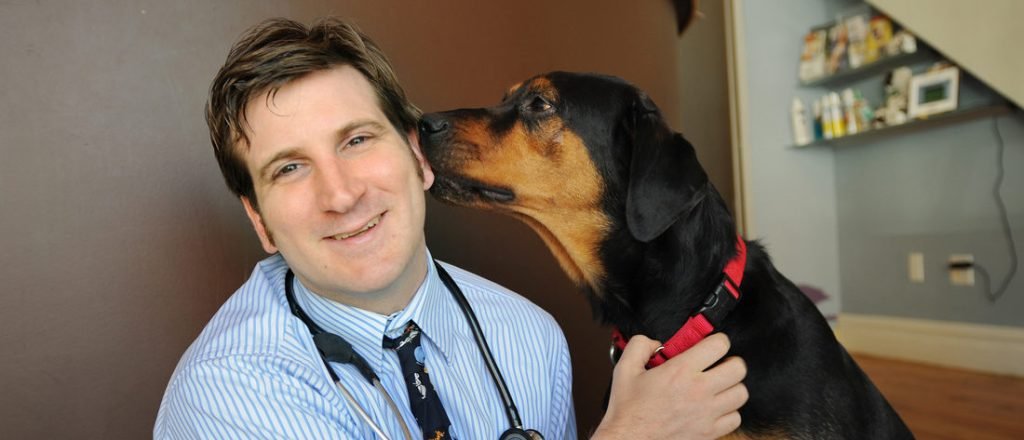Burnout is becoming more prevalent among professionals in various fields and is increasingly recognized as a highly disturbing trend, but no profession experiences burnout as severely as veterinarians. Almost never.Recent research suggestion It found that 86.7% of U.S. veterinarians suffer from moderate-to-severe burnout, a syndrome that stems from chronic workplace stress. The COVID-19 pandemic has only exacerbated this problem, adding even more pressure to an already demanding profession.
In such a melancholy landscape, Dr. Timothy Manna skilled veterinarian, owner, and medical director. Springfield Animal Hospital and Dental Clinicmade it his mission to tackle the growing crisis of veterinarian burnout.
“It’s important to talk about the rise in veterinarian suicides and the rise in veterinarians who feel less than satisfied, and how to prevent burnout and love what you do,” Dr. Mann says.
Burnout is a complex problem involving multiple factors. Stressful work schedules, often with long working hours and imbalances in job demands and skills, contribute to high burnout. In addition, the financial pressures of heavy student loans from veterinary school can add significantly to stress, leading to overwork and burnout.
Perhaps the most painful cause is the emotional burden borne by veterinarians. Veterinarians are regularly faced with life-or-death decisions, such as euthanizing an animal or dealing with a distraught owner who cannot afford the treatment their pet needs, which can put them under tremendous emotional strain. Often.
Unresolved burnout doesn’t just affect a veterinarian’s mental health. It can even affect their performance and affect their interactions with pets and pet owners. Decreased productivity, increased medical errors, and decreased empathy are all potential symptoms of burnout that can seriously impact the quality of patient care and strain customer relationships.
In response to these challenges, Dr. Mann has promoted several initiatives within veterinary hospitals. His approach centers around building a supportive team environment and empowering paraprofessionals, with an emphasis on fostering a culture that values all team members and their mental health.
“There’s so much emphasis these days on your own health and being able to heal yourself and take care of yourself, and that’s fine. And I think that’s important. Yoga, meditation, time for yourself. I don’t want to take it lightly,” he explains. “But we don’t think it’s enough to build a strong team that can support you when you need it, because you’re going to lose a pet. You’re going to have a difficult customer. “
A key element of his strategy is to empower veterinary paraprofessionals, the unsung heroes of animal medicine. By providing professional development and decision-making opportunities, Dr. Mann ensures that they feel valued and integral to the team’s success.
Dr. Mann also emphasizes celebrating success and providing a strong support system during difficult times. Rather than succumb to the high-pressure culture that pervades the industry, he encourages his team to take credit for themselves regardless of their size. In doing so, you foster an environment that strengthens motivation, pride and resilience.
This innovative human-centered approach has many advantages. Not only does it reduce feelings of burnout, it also increases job satisfaction and boosts morale within the team. By recognizing and addressing the root causes of burnout, Dr. Mann provides a blueprint for a healthier and more resilient veterinary profession.
Through these comprehensive efforts, Dr. Mann is redefining the working culture of the veterinary field. The impact of his efforts is evident in his practice, which includes reduced burnout, increased job satisfaction, and enhanced team spirit.
Addressing burnout and mental health issues in veterinarians continues today. These issues require continued attention and action by the entire veterinary community. To that end, Dr. Mann’s work to promote healthier working environments serves as an inspiring model for other veterinary practices. An empathetic, understanding and supportive environment fosters joy and passion in the noble profession of veterinary medicine.







